Points of Contact
For more information on how to apply, please contact the appropriate point of contact listed below:
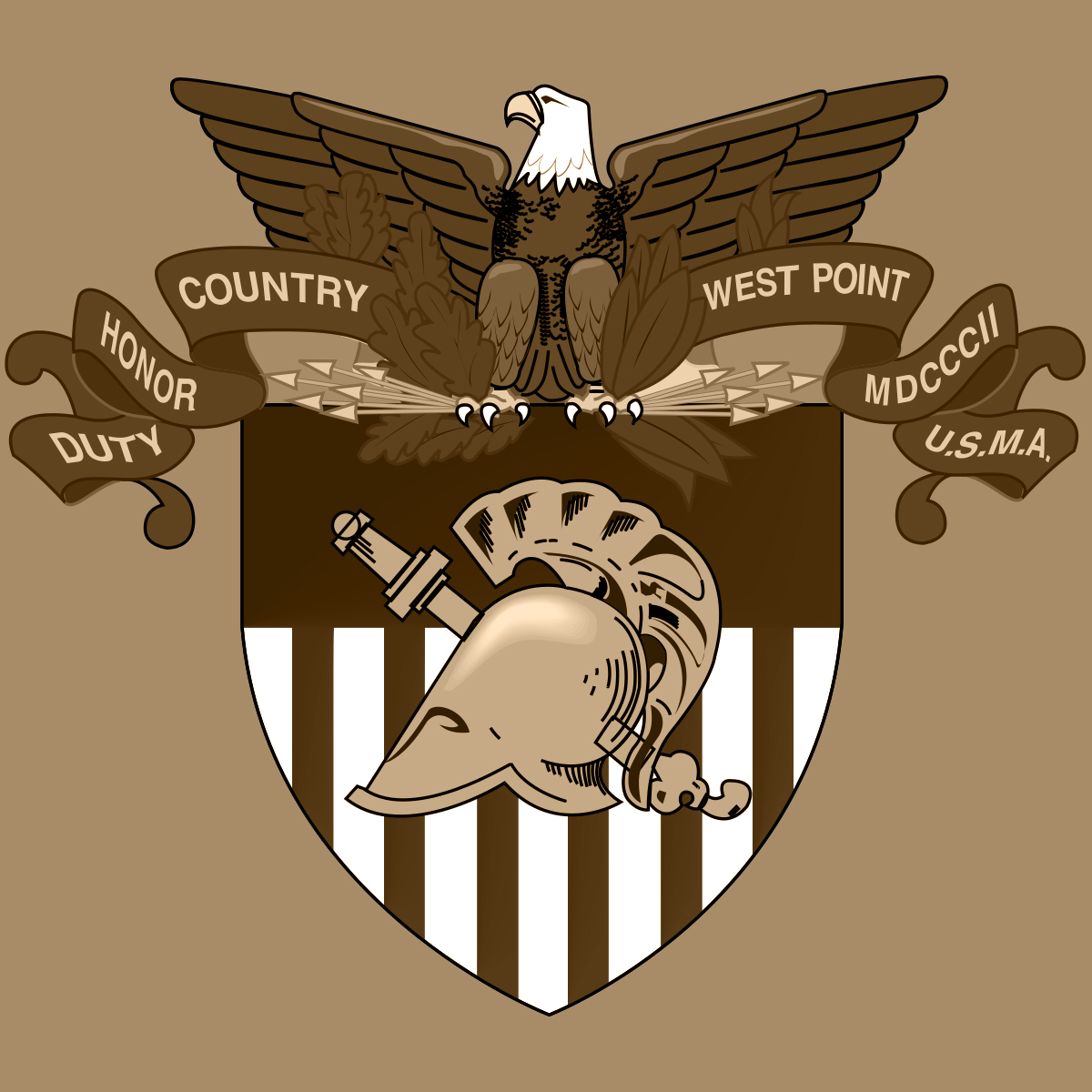
US Military Academy
Dr. Ruth Beitler
Department of Social Sciences
Tel: (845) 938-3999
Email: ruth.beitler@westpoint.edu
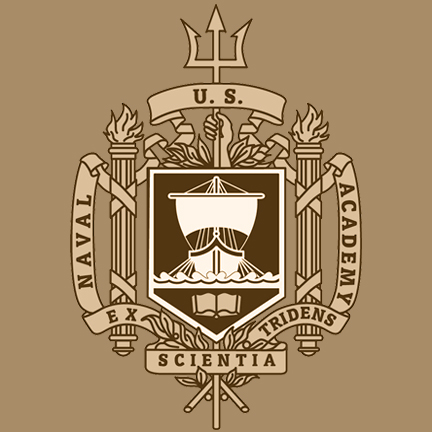
US Naval Academy
Mr. Paul Fujimura
Director, International Programs Office
Tel: (410) 293-2980
Email: fujimura@usna.edu
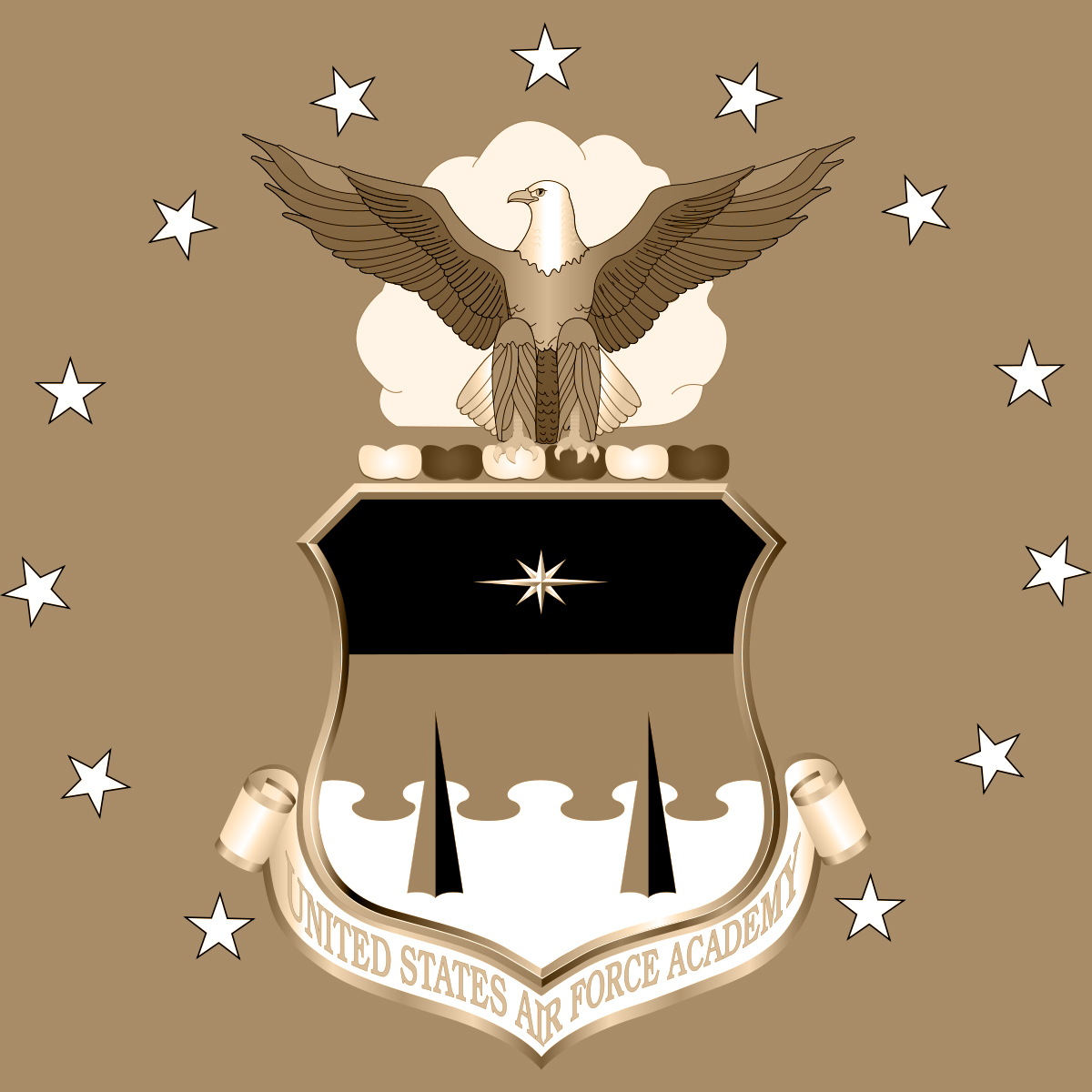
US Air Force Academy
Lt Col Philip Tice, USAF
Director of International Programs
Tel: (719) 333-3870
Email: philip.tice@afacademy.af.edu
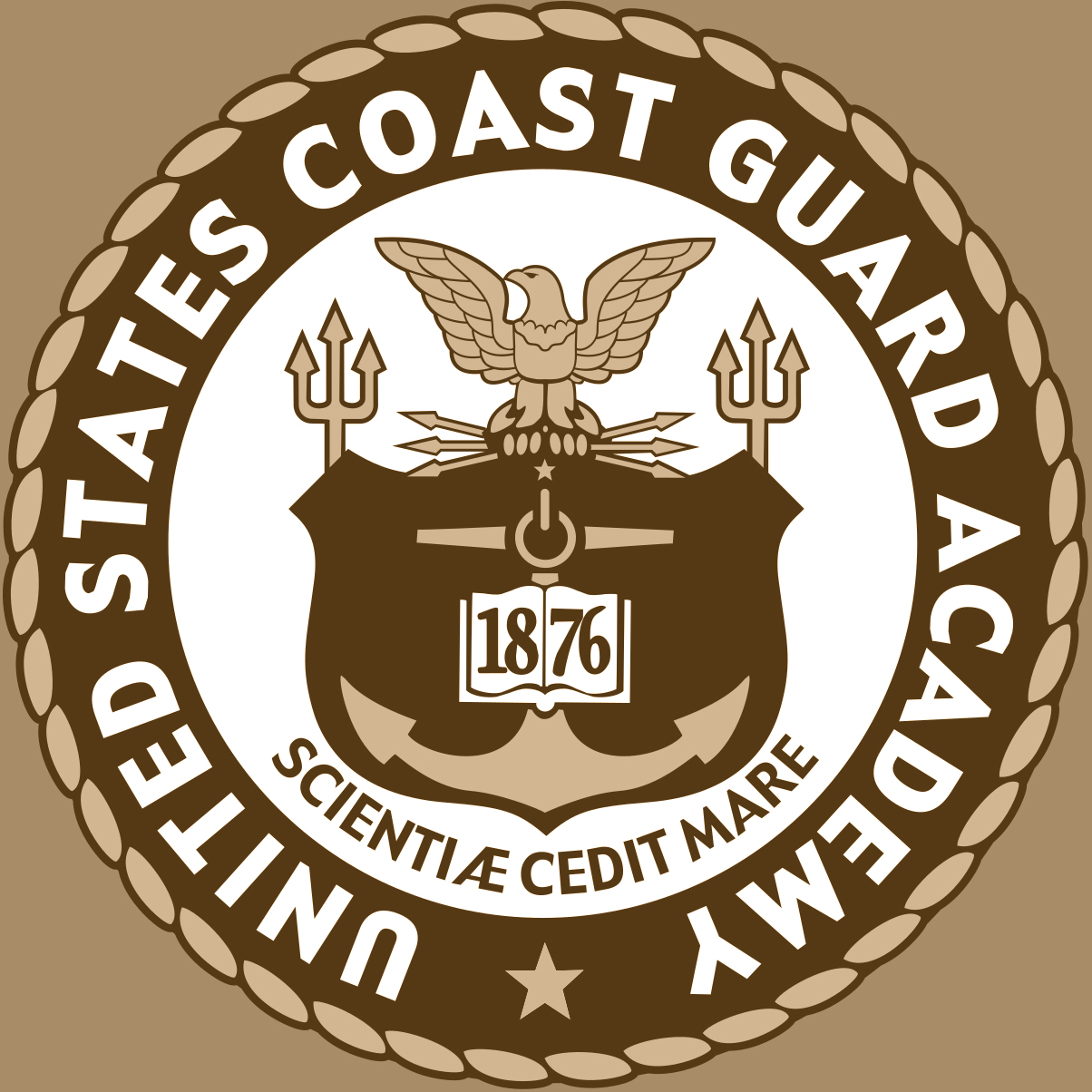
U.S. Coast Guard Academy
Dr. Richard Zuczek
Dean, School of Science,
Mathematics and the Humanities
Tel: (860) 444-8359
Email: richard.zuczek@uscga.edu
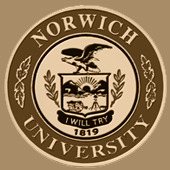
Norwich University
Dr. Travis Morris
Director, Peace and War Center
Tel: (802) 485-2965
Email: wmorris@norwich.edu
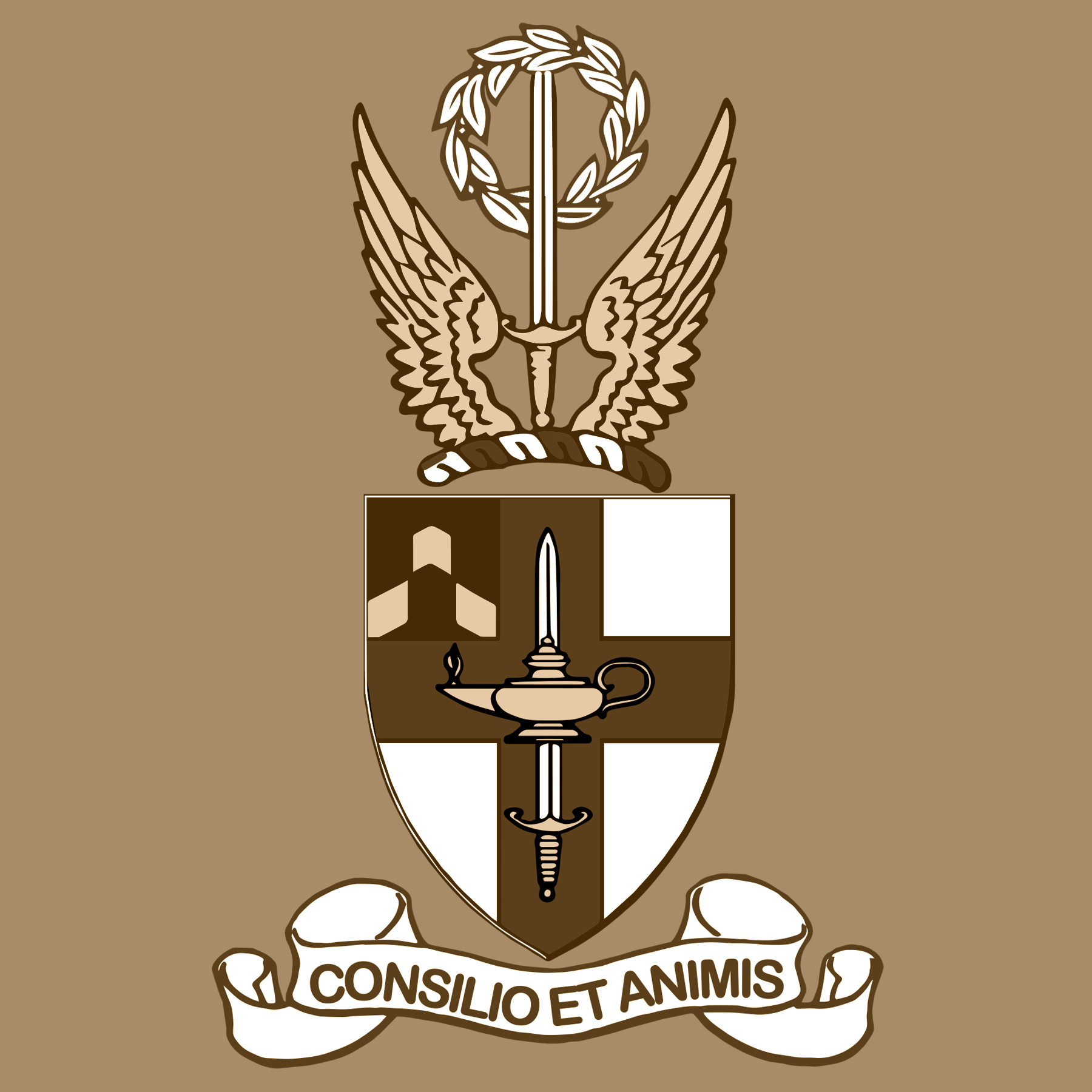
Virginia Military Institute
Dr. Jeff Kendrick
Director, Global Education
Tel: (540) 464-7067
Email: kendrickjw@vmu.edu
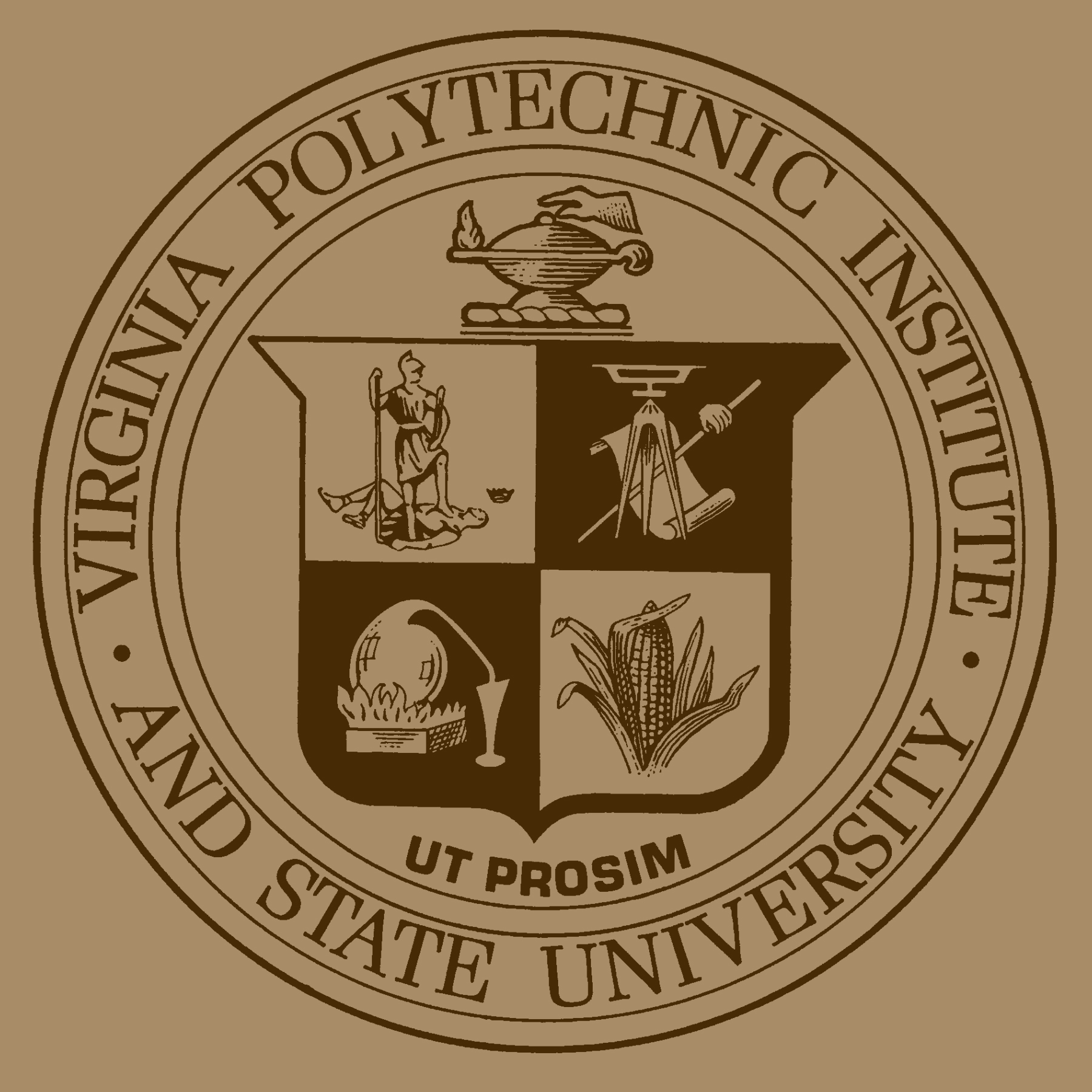
Virginia Tech
CAPT Jamie McGrath, USN (Ret.)
Rice Center for Leader Development
Tel: (540) 231-9455
Email: jpm997@vt.edu
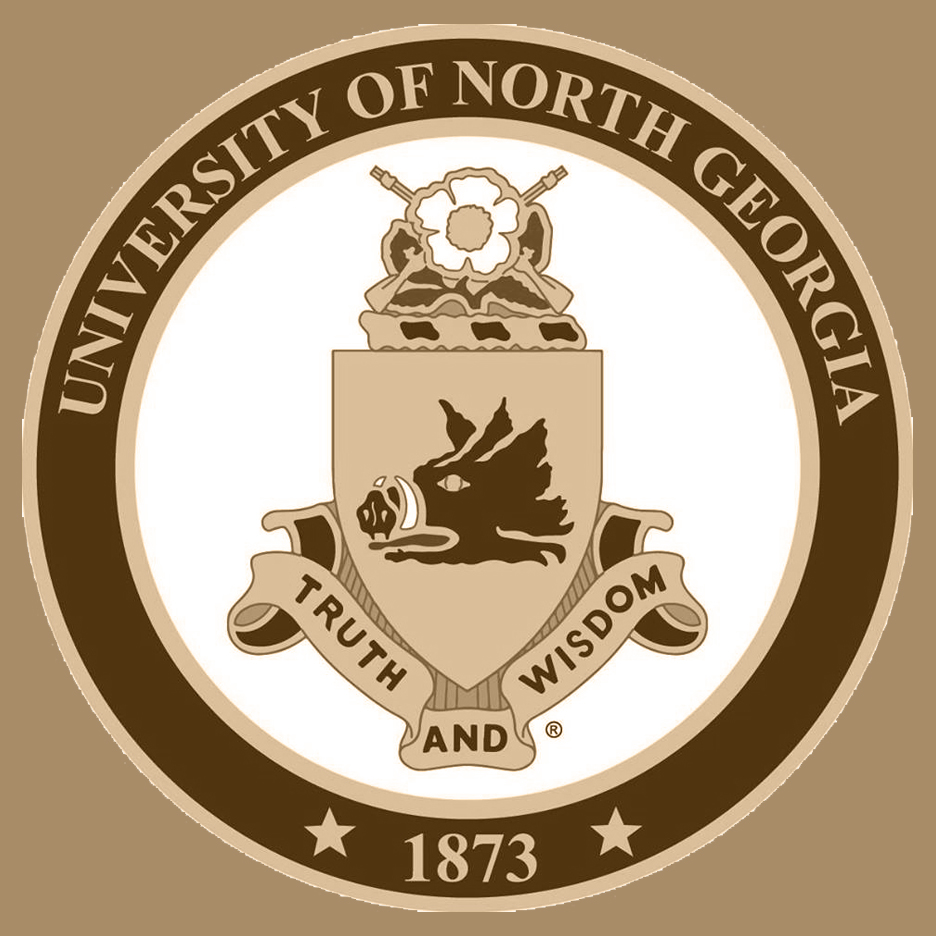
University of North Georgia
LTC Wesley M. Pirkle, USA (Ret.)
Director, Global Military Programs
Tel: (706) 867-3166
Email: wesley.pirkle@ung.edu
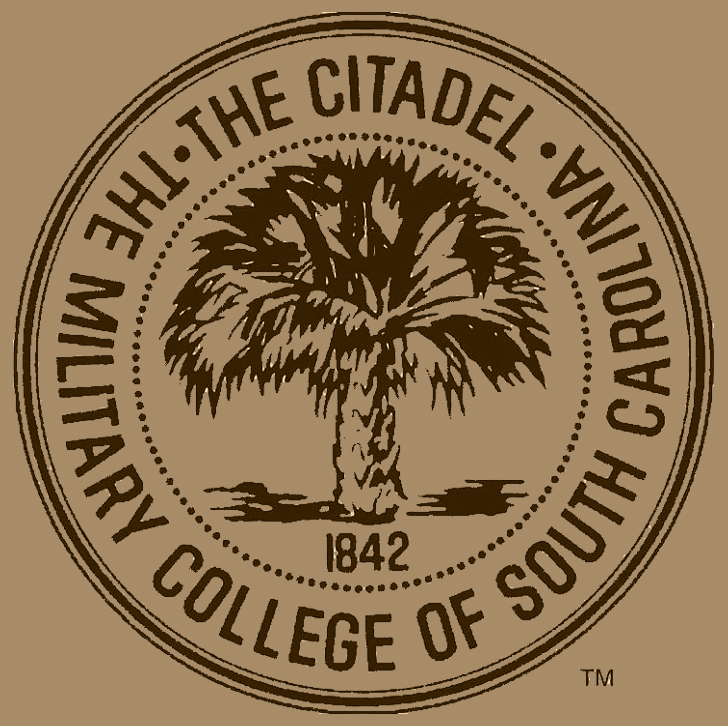
The Citadel
Dr. Terry Mays
Professor Emeritus of Political Science
Tel: (843) 953-5069
Email: mayst@citadel.edu